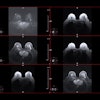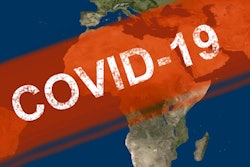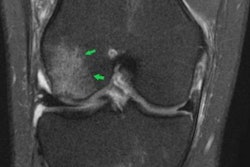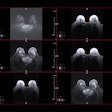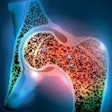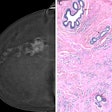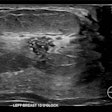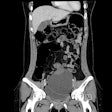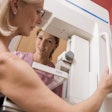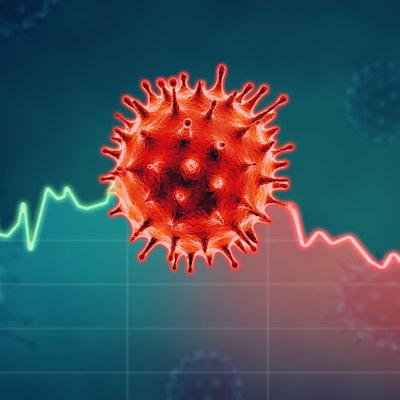
The COVID-19 pandemic led to breast cancer screening worldwide falling by nearly half, a study published on 7 July in JAMA Oncology has found.
Researchers led by Dr. Federica Teglia from the University of Bologna, Italy, wrote that this and other cancer screening types falling may be linked to an increase in the number of avoidable cancer deaths that could be seen in the future, as well as other potential consequences.
"The interruption of cancer screening could delay diagnosis of tumors, causing a shift to more advanced stages at diagnosis," Teglia and colleagues wrote. "Furthermore, this could be associated with increased avoidable cancer deaths, aggravate the patients' discomfort and disease burden, and be associated with increased workload for medical personnel and increased costs for the healthcare system."
Estimates say that in 2020, there were 19.3 million new cancer cases and 10 million cancer deaths from breast, colorectal, and cervical cancer. These are the first, third, and seventh most prevalent cancers around the world, respectively.
At the beginning of the COVID-19 pandemic, nonemergency medical services were briefly halted, interrupting cancer screening programs. While such measures probably reduced transmission of COVID-19, the study authors wrote that the association between pausing medical services with public health needs to be determined.
Teglia et al wanted to look into the COVID pandemic's impact on cancer screening worldwide during the lockdown period, focusing on breast, colorectal, and cervical cancers. They analyzed 39 studies published between January 2020 and December 2021 and looked at screening numbers between January and October 2020, as well as comparing these numbers with the previous year.
The researchers found that the average decline in breast cancer screening worldwide was 46.7%, compared with pre-COVID-19 numbers, with the maximum decrease in screening happening in April 2020 (74.3%).
The number of breast screening rests in North America decreased by 44.6% during the study period, including a maximum decrease of 86.7% seen in April. This was when new COVID cases were being reported at a rapid pace and public health measures began to take more effect. However, more stable numbers were reported for summer and fall 2020, with a decrease of 0.8% seen from June to October.
The team also found that Europe and South America had an average breast cancer screening decrease of 67.7% and 51.1%, respectively. The study authors wrote that Europe's larger reported decrease in mammograms could be because breast screening is usually provided as part of the public healthcare system, whereas mammograms are usually done through private health insurance in the U.S.
| Decline in global cancer screening volume during COVID-19 pandemic | |
| Disease type | Average volume decline |
| Cervical cancer screening | 51.8% |
| Breast cancer | 46.7% |
| Colorectal cancer | 44.9% |
The researchers also found overall global decreases in colorectal and cervical cancer screening. While cervical cancer screening rebounded like breast cancer screening did, colorectal screening decreases persisted into the fall months of 2020.
"We identified a similar pattern by period for breast and colorectal cancer screening, with a U-shaped trend having a negative peak in April 2020 and an attenuation in May," they added. "This trend was largely attributable to the lockdown measures in numerous countries and territories worldwide."
The study authors wrote that other factors may have played a part in reducing screening numbers beyond public safety measures to temporarily halt services. These include stay-at-home orders, infection fears, avoiding non-urgent medical treatment and care, limited access to in-person medical examinations, and hospital departments re-organizing.
The researchers called for more studies on cancer diagnosis and cancer treatment during the pandemic.




